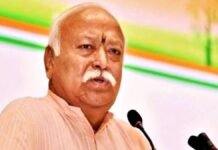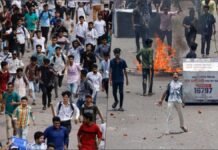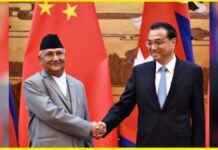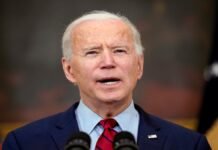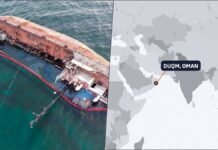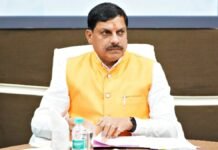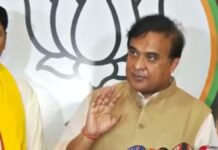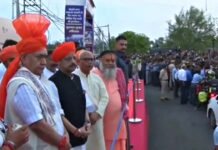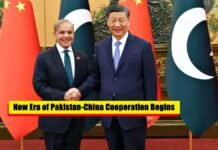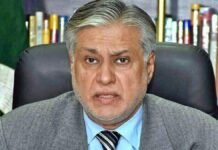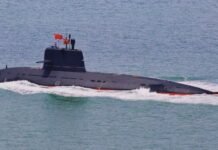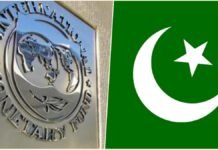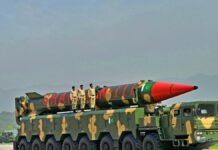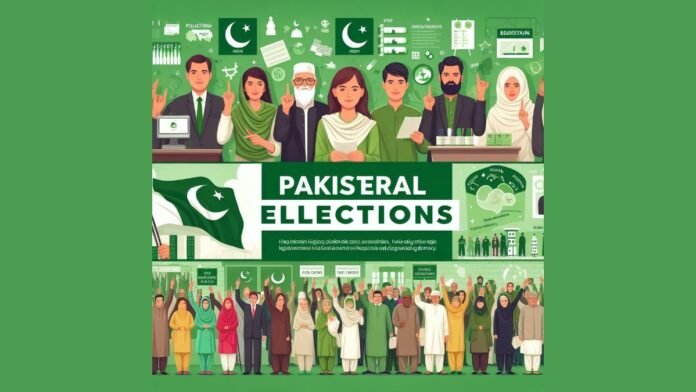
New Delhi: Pakistan is gearing up for its general elections on February 8, 2024, which will determine the next Prime Minister of the country. The elections are being closely watched by the world, as they will have implications for the region and beyond. Here are some key facts and issues related to the elections:
The Main Contenders
Three major political parties are vying for power in Pakistan: the Pakistan Muslim League-Nawaz (PML-N), the Pakistan Peoples Party (PPP), and the Pakistan Tehreek-e-Insaf (PTI).
- The PML-N is led by former Prime Minister Nawaz Sharif, who was ousted from office in 2017 by the Supreme Court on corruption charges. He is currently living in exile in London but remains the party’s supreme leader. The PML-N is the largest party in the outgoing National Assembly and has a strong base in the populous province of Punjab. The party claims to have delivered on development, infrastructure, and energy projects during its tenure and promises to continue its pro-growth agenda if re-elected.
- The PPP is headed by Bilawal Bhutto Zardari, the son of former Prime Minister Benazir Bhutto, who was assassinated in 2007, and former President Asif Ali Zardari, who is facing corruption cases. The PPP is the second-largest party in the National Assembly and has a stronghold in the southern province of Sindh. The party champions the cause of democracy, social justice, and human rights, and pledges to provide better health, education, and employment opportunities to the people if voted to power.
- The PTI is led by former cricket star and Prime Minister Imran Khan, who is currently in jail after being convicted of contempt of court in 2021. He is appealing against his sentence and hopes to be released before the elections. The PTI is the third-largest party in the National Assembly and has a significant presence in the northwestern province of Khyber Pakhtunkhwa, where it formed the provincial government in 2018. The party advocates for a new Pakistan, free of corruption, nepotism, and dynastic politics, and promises to bring about a welfare state, a strong foreign policy, and a green revolution if elected.
The Electoral System
Pakistan follows a parliamentary system of government, where the Prime Minister is the head of the executive branch, and is elected by the members of the National Assembly, the lower house of the bicameral parliament. The President is the head of the state and is elected by the members of both houses of parliament and the provincial assemblies.
The National Assembly has 342 seats, of which 272 are directly elected by the people, 10 are reserved for non-Muslim minorities, and 60 are reserved for women. The seats are allocated to the provinces and territories according to their population, as follows:
| Province/Territory | General Seats | Women Seats | Non-Muslim Seats | Total Seats |
|---|---|---|---|---|
| Punjab | 141 | 33 | 5 | 179 |
| Sindh | 61 | 14 | 3 | 78 |
| Khyber Pakhtunkhwa | 39 | 9 | 2 | 50 |
| Balochistan | 16 | 4 | 0 | 20 |
| Islamabad | 3 | 1 | 0 | 4 |
| FATA | 12 | 0 | 0 | 12 |
| Total | 272 | 60 | 10 | 342 |
The leader of the party or coalition that secures the majority of the general seats (at least 137) becomes the Prime Minister. If no party or coalition achieves the majority, a hung parliament situation arises, and negotiations and alliances are formed to form the government.
Apart from the National Assembly, there are also four provincial assemblies, which are elected by the people of each province. The provincial assemblies have the following number of seats:
| Province | General Seats | Women Seats | Non-Muslim Seats | Total Seats |
|---|---|---|---|---|
| Punjab | 297 | 66 | 8 | 371 |
| Sindh | 130 | 29 | 9 | 168 |
| Khyber Pakhtunkhwa | 99 | 22 | 3 | 124 |
| Balochistan | 51 | 11 | 3 | 65 |
| Total | 577 | 128 | 23 | 728 |
The leader of the party or coalition that secures the majority of the general seats in each province becomes the Chief Minister of that province.
The Voting Process
Pakistan does not use electronic voting machines (EVMs) for its elections but relies on paper ballots. According to the Election Commission of Pakistan (ECP), more than 26 crore ballot papers have been printed for this election.
There are more than 12 crore registered voters in Pakistan, who can cast their votes at 90,675 polling stations across the country. Out of these, 41,403 are combined polling stations, which are divided into two parts: one for men and one for women. The remaining 49,272 polling stations are for men (25,320) or women (23,952).
The polling will start at 8 am and end at 6 pm on February 8. The voters will have to show their national identity cards (NICs) or computerized national identity cards (CNICs) at the polling stations and will be given two ballot papers: one green for the National Assembly, and one white for the provincial assembly. The voters will have to mark their preferred candidates on the ballot papers and put them in separate ballot boxes.
The counting of votes will begin soon after the polling ends, and the results will be announced by the presiding officers at each polling station. The results will then be sent to the returning officers, who will compile and consolidate them, and declare the winners. The ECP will also announce the provisional and official results on its website and through the media.
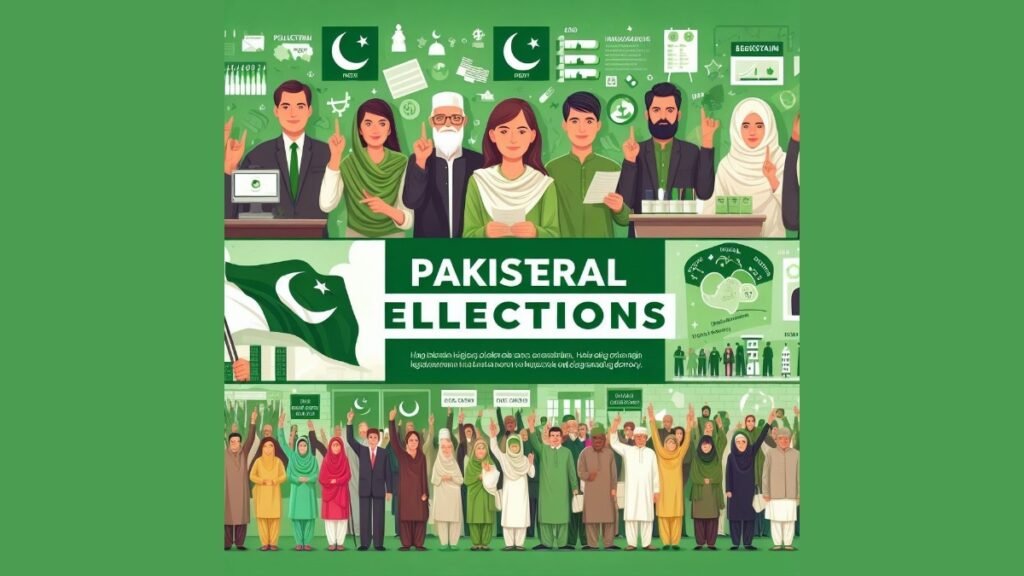
The Challenges and Issues
The elections in Pakistan are not without challenges and issues, both internal and external. Some of the major ones are:
- The role of the military: The military has a significant influence on the politics and security of Pakistan, and has often intervened in the past to overthrow civilian governments or manipulate the electoral process. Many observers and analysts have accused the military of engineering a pre-poll rigging in favor of the PTI, by pressuring, harassing, or disqualifying the candidates and supporters of the PML-N and the PPP. The military has also deployed more than 3.7 lakh troops to ensure the security and transparency of the elections, but some fear that they may interfere with the voting and counting process.
- The threat of violence: Pakistan has been plagued by violence and terrorism for decades, and the elections are no exception. Several incidents of attacks and clashes have occurred in the run-up to the elections, targeting the candidates, workers, and rallies of various parties. The most deadly attack was on July 13, 2023, when a suicide bomber killed more than 150 people, including a provincial assembly candidate, at a rally of the Balochistan Awami Party (BAP) in Mastung. The Islamic State (IS) claimed responsibility for the attack. The security forces have been on high alert to prevent any further violence, and have advised the voters to exercise caution and vigilance on the polling day.
- The economic crisis: Pakistan is facing a severe economic crisis, with a widening fiscal deficit, a depleting foreign exchange reserve, a depreciating currency, rising inflation, and a growing debt burden. The country needs a bailout from the International Monetary Fund (IMF) or other sources, but the negotiations have been stalled due to political uncertainty and the upcoming elections. The next government will have to deal with the economic challenges and implement the necessary reforms and measures to revive the economy and restore the confidence of the investors and the public.
- Foreign relations: Pakistan’s foreign relations, especially with its neighbors and allies, are also in a state of flux and tension. The relations with India, its arch-rival, have been strained due to the unresolved Kashmir dispute, the cross-border terrorism, and the recent ceasefire violations along the Line of Control (LoC). The relations with Afghanistan, its western neighbor, have been marred by the allegations of harboring and supporting the Taliban and other militant groups, and the border disputes and clashes. The relations with the United States, its long-time ally and donor, have deteriorated due to the accusations of duplicity and deceit in the war on terror, and the suspension of security and economic aid. The relations with China, its all-weather friend and partner, have been cordial and cooperative, but also face some challenges and risks due to the massive China-Pakistan Economic Corridor (CPEC) project, which has raised concerns over the debt, sovereignty, and security issues. The next government will have to navigate the complex and dynamic regional and global scenario and pursue a balanced and pragmatic foreign policy that serves the national interest and promotes peace and stability.



